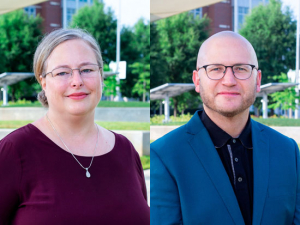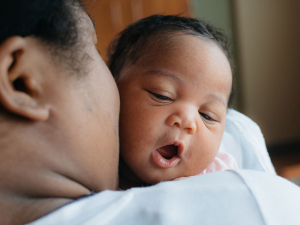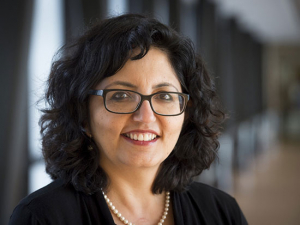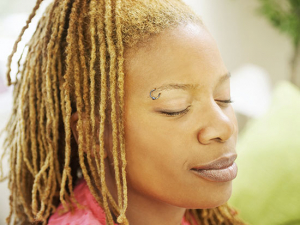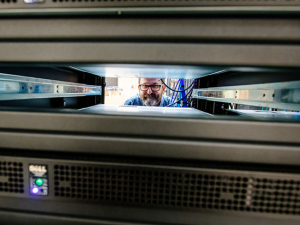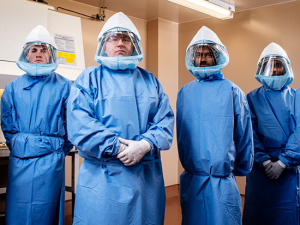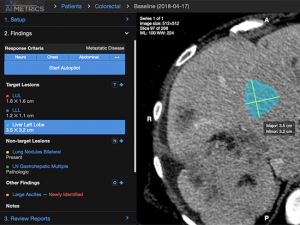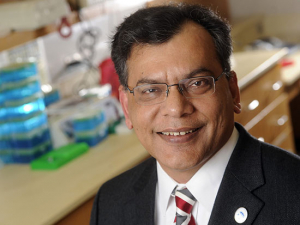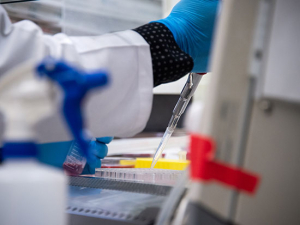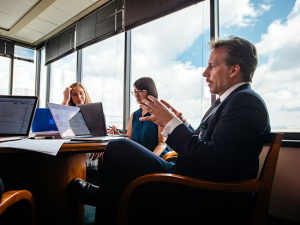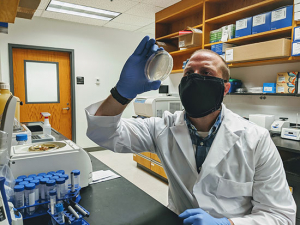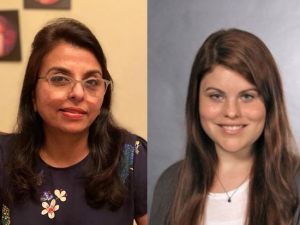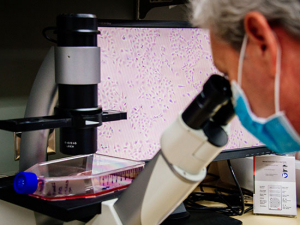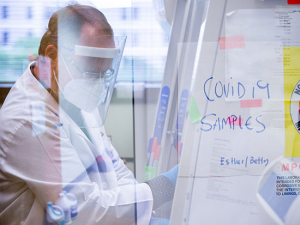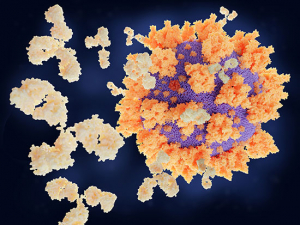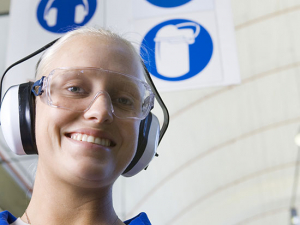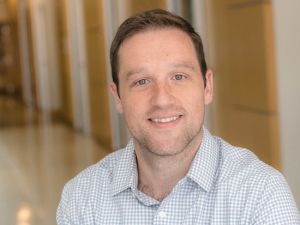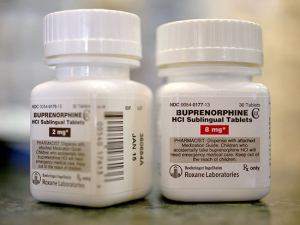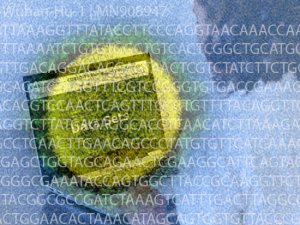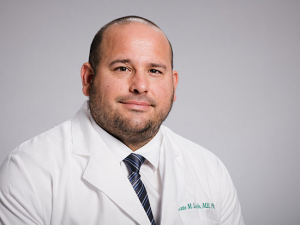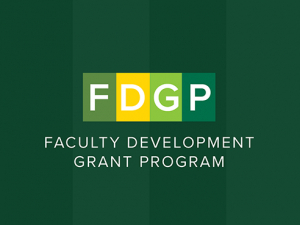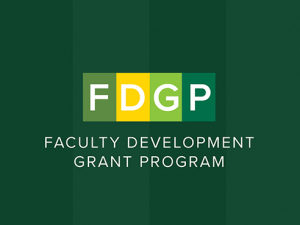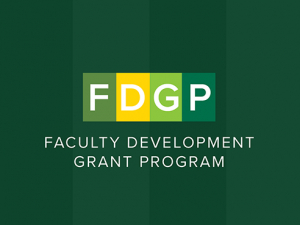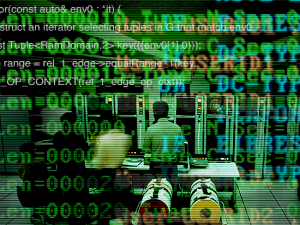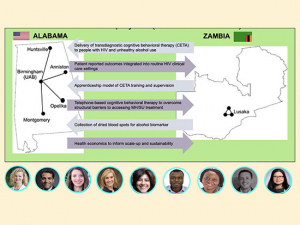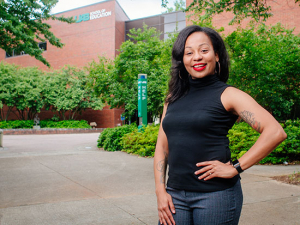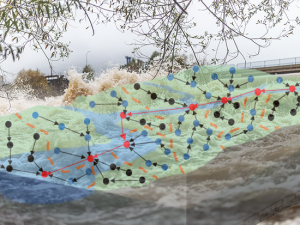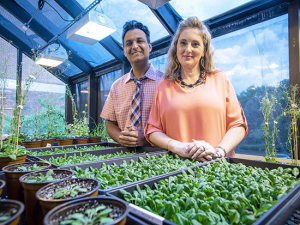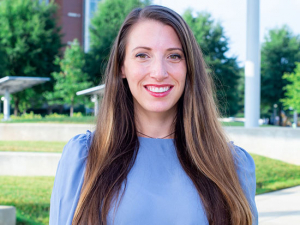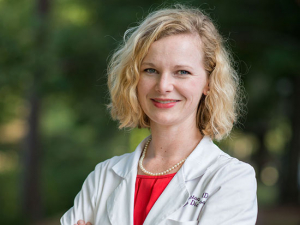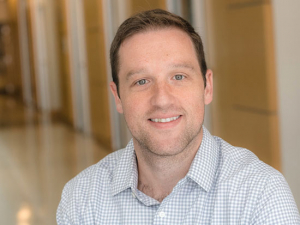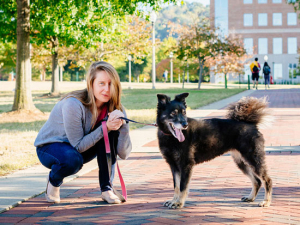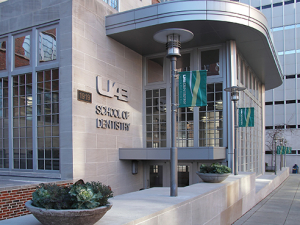Displaying items by tag: research
With a nearly $3 million grant from the NIH, researchers are studying interactions among sleep, nicotine and race.
Project LEAP will make novel use of integrated patient navigation and student champions to help high-risk young residents.
This summer’s COVID-19 Data Science Hackathon spurred many creative applications and several ongoing projects, including an automated genomic epidemiology pipeline and a machine-learning based viral transmission simulator.
Interdisciplinary center is focused on cutting-edge research that can be developed into better treatments — and helping junior faculty develop their own research programs.
A $2.9 million study aims to lower the risk of pregnant women becoming infected with cytomegalovirus, a virus that can lead to long-term health problems for babies.
Women who had total body irradiation to prepare for blood or marrow transplantation before age 30 had a 4.5-fold increase in their risk of developing breast cancer later in life.
Precision mapping using drones, light aircraft and lasers enables Rouzbeh Nazari, Ph.D., to pinpoint homes at highest risk in hurricanes and other disasters.
A $2.9 million, NIH-funded trial aimed at Black women with high stress will examine whether culturally relevant stress-management strategies can improve weight-loss outcomes.
Cheaha now is certified for use with protected health information, including medical records and genomic data, which investigators describe as a “big deal.”
Members of the lab of tuberculosis researcher Andries Steyn, Ph.D., have provided crucial assistance in UAB efforts to combat COVID-19.
Department creates environment for entrepreneurial activity that fuels advances in artificial intelligence, cancer prediction and patient safety.
In a new paper, Keshav Singh, Ph.D., outlines the case for the “powerhouse of the cell” as a hideout and unwitting ally for SARS-CoV-2.
Three of the first scientists to return to campus in Phase I — plus the leader of a group that never left — share their emotions, lessons learned and 7 tips for organizing your unit’s re-entry.
Researchers from UAB’s Precision Medicine Institute have used AI to identify hundreds of potential treatments, which are now being tested through the COVID-19 research fund that the institute helped launch.
New microbiology faculty member Nicholas Lennemann is transforming the fluorescent virus assay he developed into a new tool against coronavirus in work supported through UAB’s urgent COVID-19 research fund.
Bioreactors built to offer new insights on lung cancer are being adapted to study coronavirus infection and test new treatments in this project supported through UAB’s urgent COVID-19 research fund.
Virologist Kevin Harrod, Ph.D., is the institution’s resident expert on SARS viruses. His lab is handling biological validation for innovative drug-repurposing studies supported by the School of Medicine’s Urgent COVID-19 research fund.
Microbiologists Troy Randall and Frances Lund are building key proteins from several coronaviruses to study antibody cross-reactivity and other crucial questions in this project supported through UAB’s urgent COVID-19 research fund.
In this project supported through UAB’s urgent COVID-19 research fund, Professor Randall Davis aims to identify antibodies that block SARS-CoV-2 from entering human cells — information that could guide convalescent plasma therapy and more.
Protecting workers’ vision has become more challenging as a diverse workforce stretches the definition of a “typical” face. UAB researchers are going 3D to keep employees safe.
In this project supported through UAB’s urgent COVID-19 research fund, Assistant Professor Benjamin Larimer, Ph.D., adapts his lab’s work on phage display — normally used to identify new cancer treatments — to overcome limitations of antibody and vaccine testing.
Researchers in the School of Public Health illustrate how tweets labeling the novel coronavirus as the “Chinese virus” exploded across the United States.
Trial to rapidly identify and treat the immune overreaction that may be behind some cases of severe COVID-19 is made possible through UAB Medicine’s Urgent COVID-19 Clinical Research and Laboratory Research Fund.
Educating new primary care physicians about effective treatments for opioid use disorder in partnership with Cahaba Medical Care.
Just in time to tackle COVID-19, the Informatics Institute launches a bigger, more capable version of its team-science data platform.



